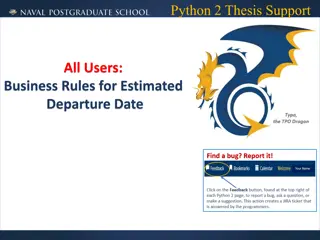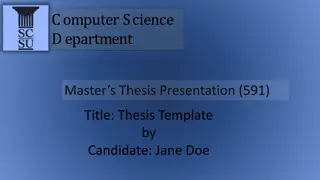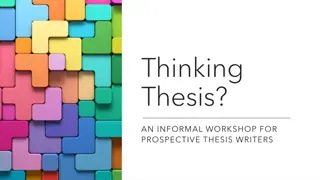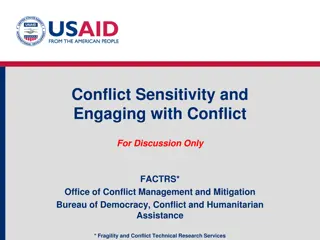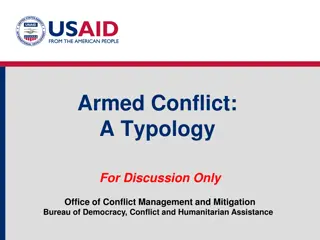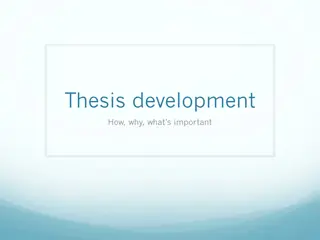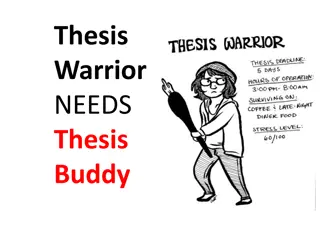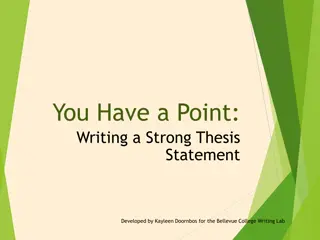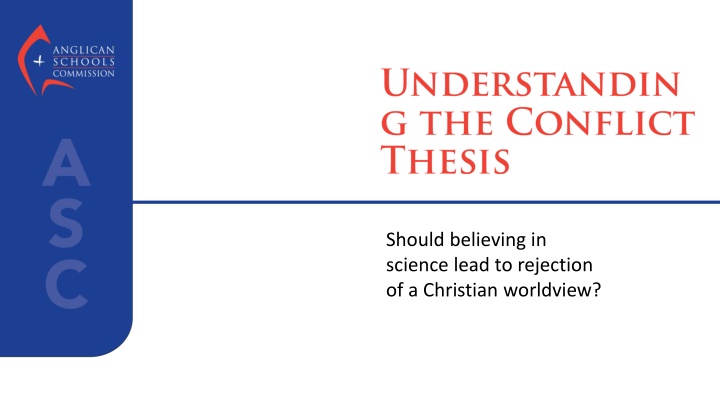
Understanding the Relationship Between Science and Christian Worldview
Explore the potential conflicts between science and Christian belief, examining interpretations of Genesis, the origins of New Atheism, and the compatibility of science and religion. Discover how recognizing the different focuses of science and Christianity can lead to a more complementary view.
Download Presentation

Please find below an Image/Link to download the presentation.
The content on the website is provided AS IS for your information and personal use only. It may not be sold, licensed, or shared on other websites without obtaining consent from the author. If you encounter any issues during the download, it is possible that the publisher has removed the file from their server.
You are allowed to download the files provided on this website for personal or commercial use, subject to the condition that they are used lawfully. All files are the property of their respective owners.
The content on the website is provided AS IS for your information and personal use only. It may not be sold, licensed, or shared on other websites without obtaining consent from the author.
E N D
Presentation Transcript
Should believing in science lead to rejection of a Christian worldview?
A conflict between science and Christian belief can be made out on two grounds: There is a possible conflict between science and Christian belief if one believes Genesis 1-3 should be read as an account of the mechanics of creation (Young Earth Creationists). There is a possible conflict between Science and Christian belief if one believes natural science and empirical methods are the only trustworthy sources of knowledge (New Atheism).
Some of the best-known New Atheists are Richard Dawkins and Professor Lawrence Krauss. New Atheism, ideologically speaking, finds its origins in the positivist philosophy of the early twentieth century. The positivists or logical empiricists followed the philosopher David Hume s advice when he urged that only mathematics, logical reasoning and the evidence of the senses should be accepted, and all other pursuits are nonsense.
Are natural science and empirical methods the only trustworthy sources of knowledge? Do examples of historical conflicts point to something intrinsically in conflict between science and religion or examples of disagreements between people and groups?
If we read the creation accounts in Genesis 1-3 as science or as a source of facts about the natural world, we will definitely find conflict with scientific knowledge. It can be argued that such a reading of Genesis does not pay due respect to the intentions of the biblical authors and it does not recognise that the authors naturally used the language and conceptions of their own day.
How else could we read Genesis 1-3? What were the intentions of the original author of Genesis 1-3?
It is possible to recognize that science and Christian theology have their limits: science can t answer moral, philosophical or existential questions and the Bible doesn t answer scientific questions (which are mostly about mechanics). Recognising that science and Christianity focus on different types of questions opens the possibility of science and Christianity to be compatible or even complementary.
This PowerPoint is based on Chapter four in Science and Christianity: Understanding the conflict myth by Chris Mulherin.






